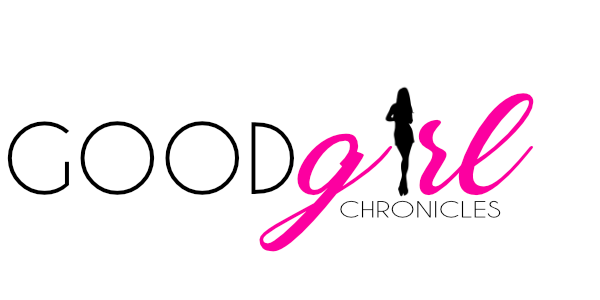“What do you see in this picture?” the psychiatrist asks. He is holding a flash card with what appears to be splattered ink on it. This the famous ink blot test I’ve heard so much about in Pyschology class, and now it is being administered on me.
Maybe it is a butterfly, maybe it’s a human face. I don’t know. What does he want me to say? What can I say that will get me discharged from the psych ward? This guy has no clue, no fucking clue how small this test makes me feel judged, small, and less than. None of these people with doctor before their name understand what is like to be living with a mental illness.
“I guess it looks like a butterfly,” I reply. He nods his head and says, “Hmm.”
This is one of dozens of interactions I’ve had with mental health officials who have starred at me, prodded me with questions, and diagnosed me since I was 16. Very few have every made me feel like they understood what it was like to really be in my shoes. The kind of empathy that bolsters your strengths not analyzing what is wrong or diagnosable with you. I longed for the kind of empathy that would comfort me when I didn’t think recovery was possible or that I was worth anything. The mental health system is just not built that way I am learning. For years it has been locking people away, drugging them up, and moving on to the next case. What I wanted was some kind of human connection to someone who felt my pain and saw enough in me to help me move past it.
 |
| Me and Director of Peer Services, Becky Sterling |
The idea of peering has been around for years through organizations like Alcoholics Anonymous. But now it is becoming a recognizable profession across the country complete with certification, .registration through the counseling board, and validations through studies that show a sense of empathy is revoluntionizing mental health and addiction treatment.
My peer journey began before I was even offered a job. During my first psychiatry stay after group sessions all the patients would all sit and talk, help each plan what was next in life, and encourage one another. I didn’t know then that essentially we offering each other peer support. The advice of someone who had lived through my same pain helped me get back up. The experience changed me in so many ways.
 |
The beauty of this job is as much as it is helping others it is doing amazing work in me. I am growing confidence in my abilities, learning about how to live with my mental illness, and changing the perception of mental illness.


No comments:
Post a Comment